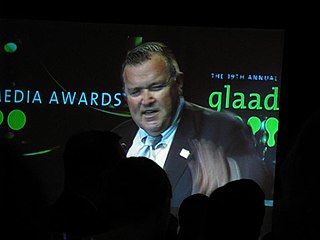A Quote by David Mixner
Those of us who lived through the worst of the HIV/AIDS epidemic from the early 1980s through the mid-1990s have a very special spot in our heart for home-based health care.
Related Quotes
Drug warriors' staunch opposition to needle exchanges to prevent the spread of HIV in addicts delayed the programs' widespread introduction in most states for years. A federal ban on funding for these programs wasn't lifted until 2009. Contrast this with what happened in the U.K. At the peak of the AIDS epidemic in the mid-1990s, the HIV infection rate in IV drug users in the U.K. was about 1%. In New York City, the American epicenter, that figure was 50%. The British had introduced widespread needle exchange in 1986. That country had no heterosexual AIDS epidemic.
Viewed from a distance, or through the eye of the All-Knowing CEO of the Universe, the crash of 2008 followed the usual pattern. A long-lived boom driven by cheap credit, going back as far as 1982 (though subject to interruptions in the mid-1980s and 1990s, and in 2001), came to grief because of a rise in the cost of borrowing money.
I can remember in the late 1980s and early 1990s how many men with AIDS I saw everywhere in Key West. There were hospices and medical supply stores geared to people with AIDS. It seemed that every sick man who could afford it had headed for the warmth and the tranquillity and the gay-friendliness of the island.
I am sure it is in the medical textbooks, there are many things that cause immune deficiency and you will find therefore in the South African HIV and AIDS programme, that it will say that part of what we have got to do is to make sure that our health infrastructure, our health system is able to deal adequately with all of the illnesses that are a consequence of AIDS.
In this wonderful book Stephen Buhner shows us that the heart is not a machine but the informed, intelligent core of our emotional, spiritual, and perceptual universe. Through the heart we can perceive the living spirit that diffuses through the green world that is our natural home. Required reading for all owners of a heart.
The AIDS disease is caused by a virus, but the AIDS epidemic is not. The AIDS epidemic is fueled by stigma, by hate, by misinformation, by ignorance, by indifference. Science has accomplished miracles over the past 20 years, and science can now end this disease - but it cannot end the epidemic. We need more than medicine. We can do something about these things. We need to speak out about the changes we need to make in our society.





































